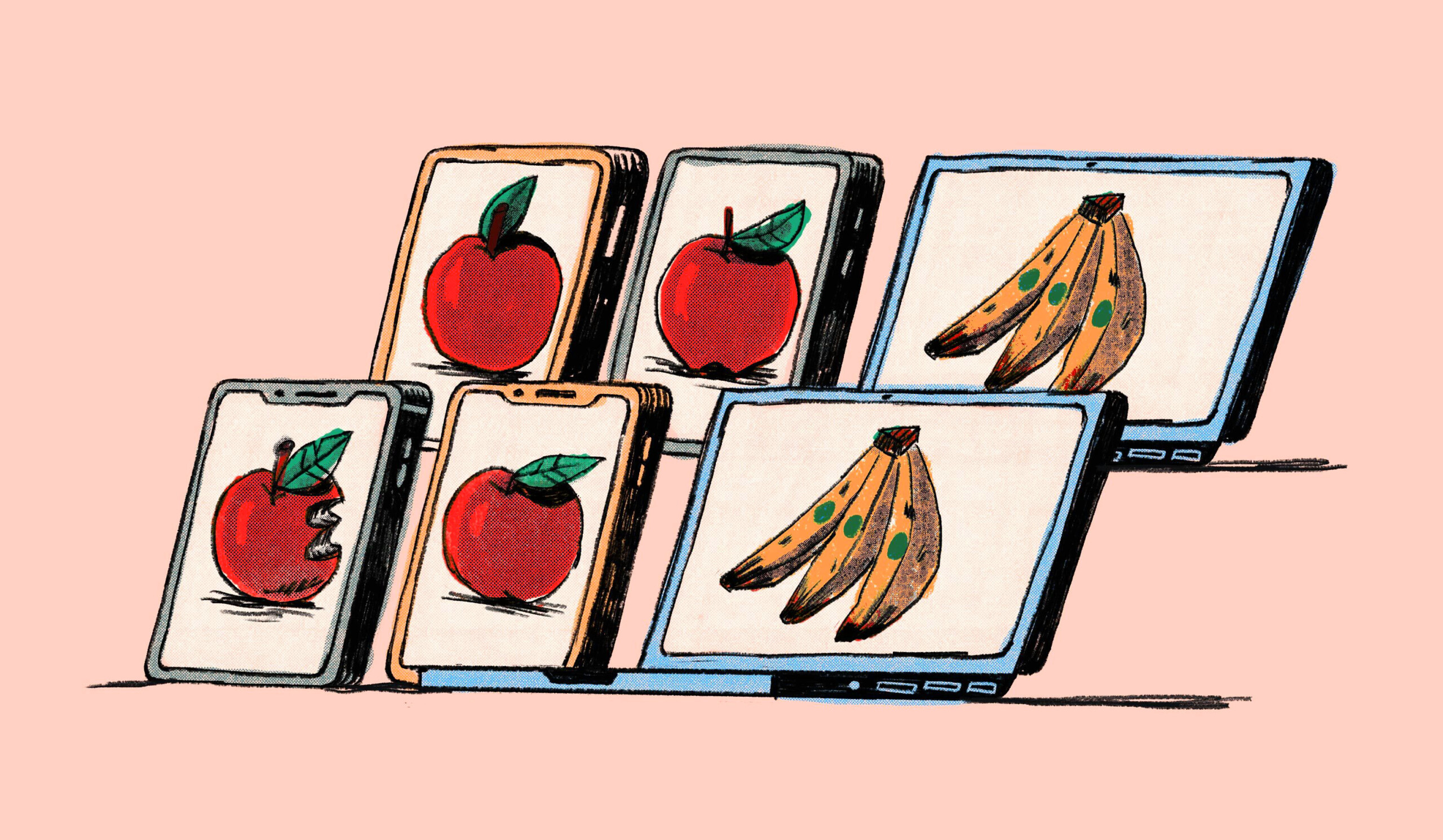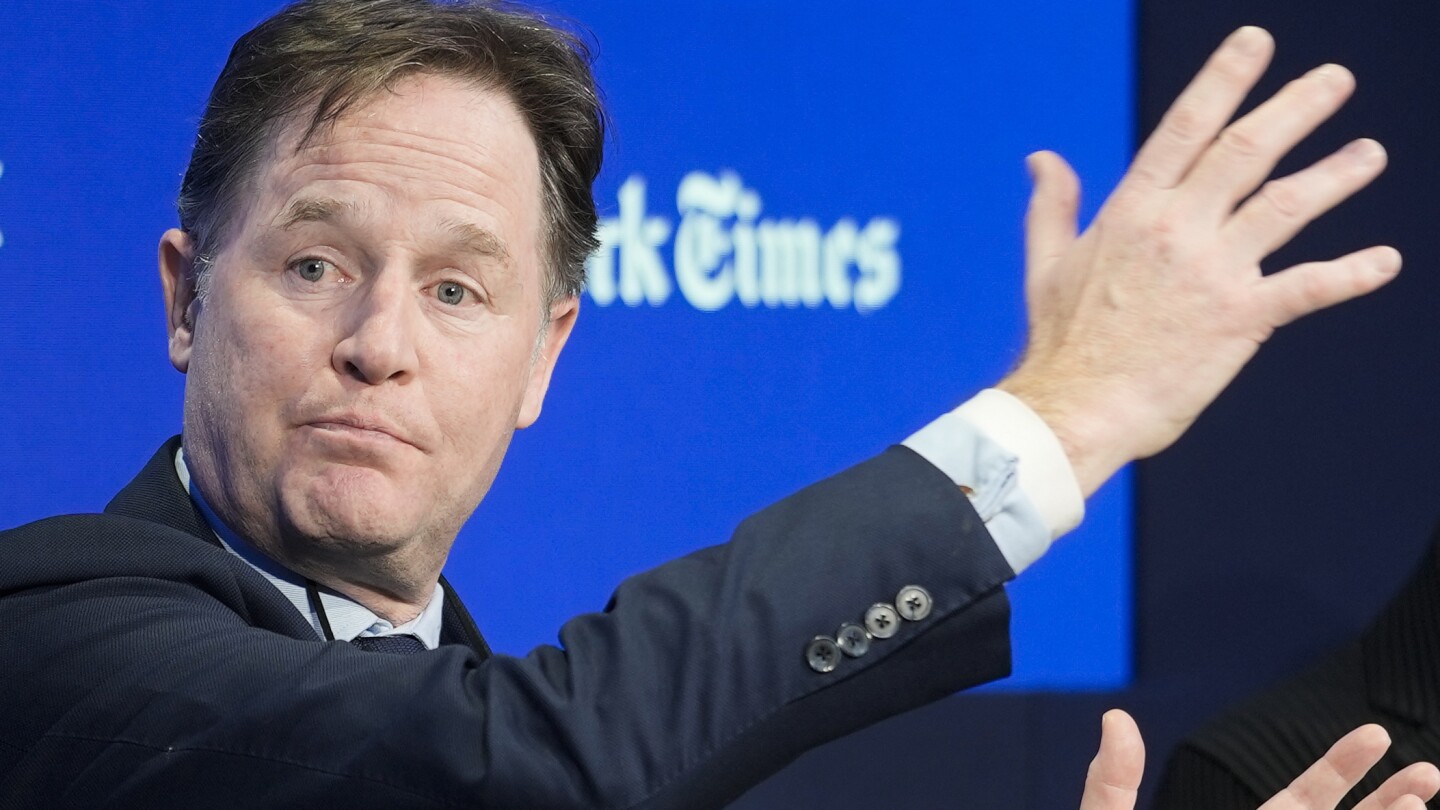The global tech giants have united to combat the spread of misleading AI-generated content that could impact election outcomes, aiming to address concerns about misinformation’s influence on democratic processes.
At the Munich Security Conference, Amazon, Google, Meta, Microsoft, TikTok, and OpenAI, among others, revealed their joint efforts to address the creation and dissemination of deceptive content, such as “deepfake” media designed to deceive voters.
Recognizing the dual nature of AI’s rapid progress in presenting opportunities and challenges to democratic systems, these companies underscored the threat posed by deceptive content to the integrity of electoral processes.
Meta’s president of global affairs, Nick Clegg, stressed the need for a collective approach involving industry, government, and civil society to combat AI-generated deception during pivotal electoral events.
Brad Smith, Microsoft’s vice chair and president, emphasized the companies’ duty to prevent the misuse of AI tools in election contexts, emphasizing the importance of their commitment.
This agreement reflects the increasing concerns among policymakers and experts regarding the potential abuse of generative AI in upcoming high-stakes elections globally, including those in the US, UK, and India.
While major tech companies have faced scrutiny over harmful content on their platforms for some time, the rise of generative AI tools has raised worries about their impact on electoral integrity.
The pact outlines collaborative actions by the signing companies to create tools that can swiftly and effectively detect and mitigate harmful AI-generated election-related content, potentially incorporating features like watermarks to authenticate images and detect alterations.
Furthermore, the companies have promised transparency in their efforts to combat deceptive content and have committed to assessing their generative AI models to better understand the risks associated with election interference.
This agreement is part of a broader trend where leading tech firms are voluntarily committing to responsible AI practices, including initiatives like making generative AI models open for review and exploring innovative solutions such as watermarking to enhance content authenticity.
Meta’s recent announcement regarding the labeling of AI-generated images on its platforms and Google’s involvement in initiatives promoting content origin and authenticity highlight the industry’s proactive approach to tackling the challenges posed by AI-generated misinformation.










